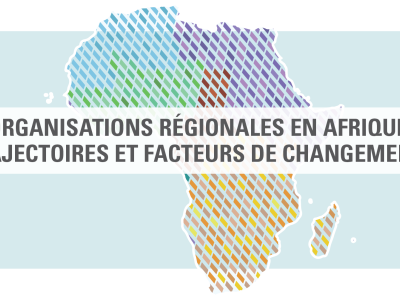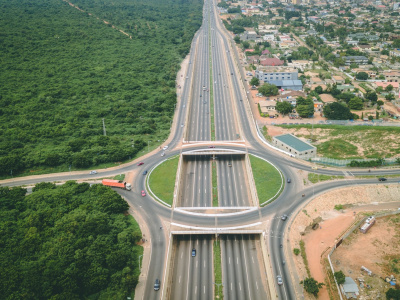
Not letting the immediate crowd out the important: Making the most of the upcoming AU-EU peace and security dialogue.
Not letting the immediate crowd out the important: Making the most of the upcoming AU- EU peace and security dialogue On the 12th of October 2009, the African Union Peace and Security Council (PSC) and the European Union Political and Security Committee also known by its French acronym (COPS) will meet in joint session for the second time in Addis Ababa in Ethiopia. With Somalia, Sudan, the Democratic Republic of Congo, a number of unconstitutional changes of government in Africa, the rise of terrorism, drugs trafficking in West Africa and piracy in the Horn, the agenda is likely to be full with pressing immediate concerns. Yet it would be a missed opportunity if this joint forum did not consider longer term issues of how the EU could best support the development of an effective African Peace and Security Architecture (APSA).
Indeed the EU is the major backer of APSA primarily through the African Peace Facility, an innovative funding mechanism utilising the European Development Fund. The EU and the AU under the new Joint Africa-EU Strategy (JAES) agreed in 2007 three priorities for the period 2008 - 2010 for their Partnership on Peace and Security. These are 1) an EO-Africa enhanced dialogue on peace and security.
The full operationalisation of APSA and 3) sustainable funding for African-led peacekeeping. Indeed the joint AU PSC - COPS meeting is a tangible commitment to the enhanced dialogue dimension of this partnership. The JAES implementation has been dogged with challenges of genuine joint ownership, financing, effective coordination and competing EU and African actors. Yet the Partnership on Peace and Security has been one of the more successful aspects of the JAES - partly because within the realm of peace and security the AU-EU dialogue was more mature, the agenda setting was joint and clearly aligned to African priorities, the added value was not in question, member-states on both sides were interested and there was already clarity on the dedicated finances to make things happen. The same cannot always be said for other partnership areas of the JAES, such as migration, climate change, democratic governance, human rights or the Millennium Development Goals.
The operationalisation of APSA is not without considerable challenges, and there have been more than just teething troubles with its implementation to date. It cannot be the panacea for all the peace and security challenges in Africa. Unrealistic expectations will see it unfairly deemed a failure. Yet as a genuine African attempt to address peace and security challenges on the continent it deserves a critical but supportive partner. The challenge of operationalising APSA is not theoretical and African soldiers in the AU peacekeeping mission in Somalia recently tragically paid for their engagement with their lives. The EU is one of most consistent backers of APSA yet as Africa looks to the future, it is a good time to have a robust dialogue. This dialogue must cover how the EU can best support African efforts at addressing peace and security challenges on the continent in the long-term without undermining African ownership and leadership.
Photo By RubyGoes


